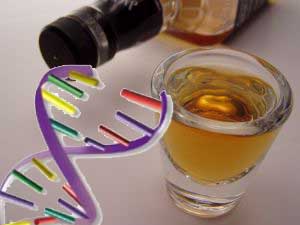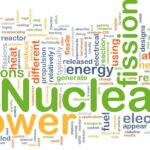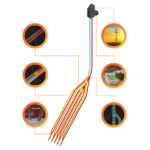November 6, 2013 – As a Toronto native it is hard not to take note of what has been happening with the mayor of this city and his latest revelations on smoking crack while in a drunken stupor about a year ago. By now the news of Rob Ford’s denials followed by a mea culpa admission have traveled around the globe.
What is science today telling us about the type of behaviour exhibited by this mayor and what we now know characterizes drug dependence? In 2007, three authors and researchers from John Hopkins University published a book called Addiction Treatment: Science and Policy for the Twenty-First Century. In it they describe two divergent views of addiction. The first sees it as willful behaviour by individuals freely making choices. The second sees addiction and dependence as a disease which requires treatment. From a neurobiological perspective the most addictive drugs are those that provide some form of positive reinforcement to the taker that makes them want to use them again. In addition when a drug becomes socially acceptable like tobacco and alcohol, then it is even easier for the taker to further indulge him or herself.
How does dependence differ from physical addiction? In truth they are one in the same but separated by degree. Dependence physiologically is a state in which the body becomes accustomed to the presence of a drug. Over time the body adapts and becomes drug tolerant requiring more to achieve the same physical or mental symptoms. By degree, addiction, describes a point when the taker of a drug stops and suddenly develops withdrawal symptoms that are so significant to create overwhelming craving to take the drug again.
One thing scientists do know is that drug dependence and addiction is associated in 6 out of 10 people with some form of mental illness. This is true for both legal (alcohol) and illegal drugs (crack, cocaine). Today medical treatment for addiction often involves finding a substitute drug that can mimic the neurobiological changes caused by ingesting the addictive substance without creating the craving for the next hit. This is true of drugs like methadone used to help heroin addicts wean themselves off the latter.
But for alcohol addiction there is no known safe drug substitute. That’s why programs like Alcoholics Anonymous exist with their 12-step models and group therapy sessions. Interesting that the most socially acceptable drug, alcohol, requires the highest level of social support in helping those who become addicted to change their lifestyle behaviours.
Alcoholics often come from families of alcoholics. Is this a learned behaviour or genetics? For a long time scientists have suspected that genetics plays an important role in addiction. It is not that there are specific addiction genes but that certain genetic characteristics may make a person exposed to a particular drug more likely to become hooked. They may experience more severe withdrawal symptoms when they stop using.
For example the A1 allele of the gene DRD2 which is a dopamine receptor is commonly found in those who are addicted to alcohol or cocaine. Non-smokers who find cigarette smoke noxious are more likely to have the gene CYP2A6 which provides them with protection from wanting to indulge in the use of tobacco or marijuana. People with two copies of the ALDH2 gene rarely become alcoholics. In recognizing the role genes play in addiction researchers are beginning to develop targeted drugs that can modify these types of genetically induced behaviours. This new field of medicine, pharmacogenetics, is personalizing treatment at a level never seen before and being applied to not just addiction but treatment of diabetes, numerous cancers, Alzheimer’s and Parkinson’s Disease.


















